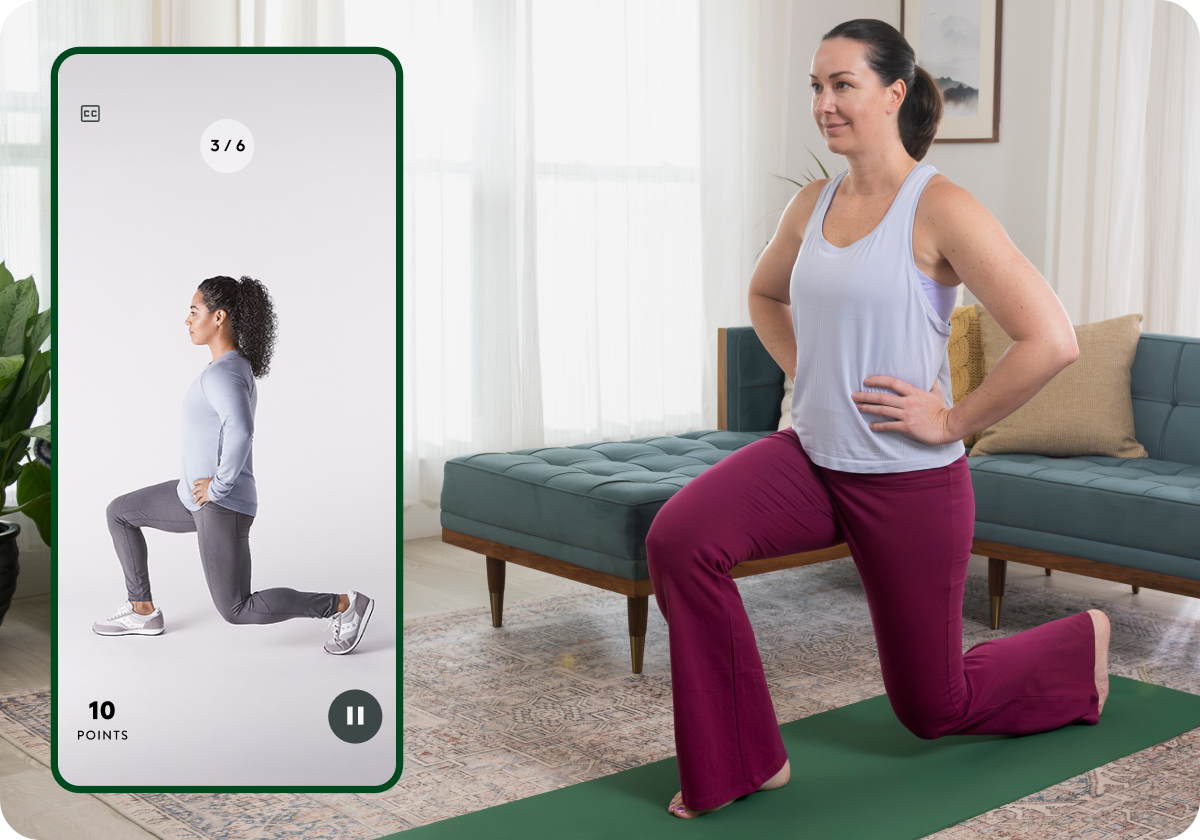Addressing unique muscle, joint, and pelvic health issues for women
Pregnancy & Postpartum
Pregnancy and childbirth take a toll. Members get help to control — and get relief from — urinary issues, difficulty with bowel movements, and low back, hip, and pelvic pain.
Bladder & bowel disorders
Members improve bladder and bowel control to stop leaking urine and manage uncontrollable symptoms.
Pelvic organ prolapse
When pelvic organs slip out of place (prolapse), it often results in pelvic pain or pressure. Strengthening your pelvic floor, hip, and lower back muscles can provide relief.
Pelvic pain
Pelvic floor muscles can develop pain from stress, injury, and conditions like endometriosis. Care that includes physical therapy can provide relief.
Separated abdominal muscles
Pregnancy, childbirth, and injury can stretch your abdominal muscles — leading to back and pelvic pain. Heal and strengthen your core with a personalized care plan.
Menopause
Menopause can worsen existing joint, muscle, and pelvic health symptoms and trigger new physical and mental issues. PT-led care teams provide personalized, clinical support to address these symptoms.
A complete pelvic health program
Our Vision
Our Vision

